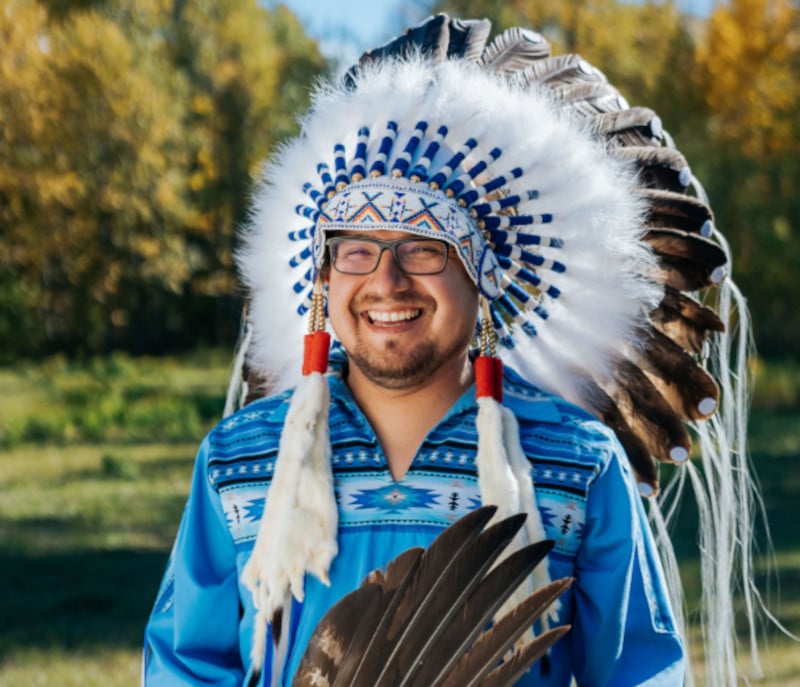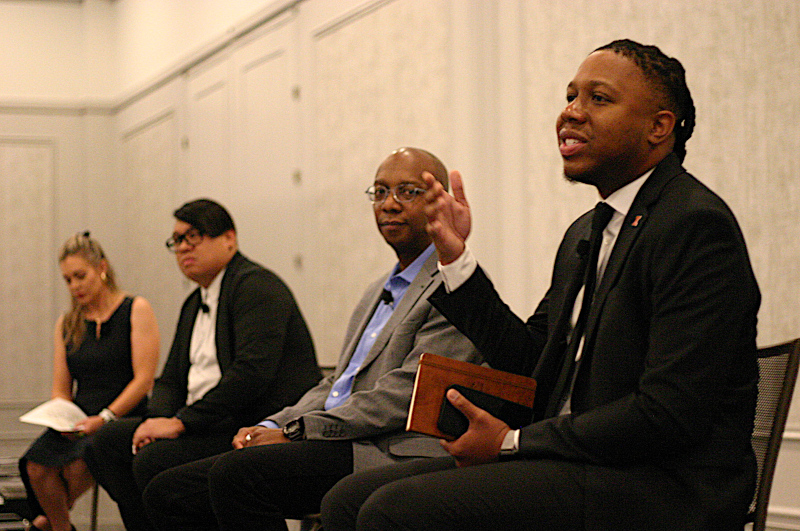It’s no secret that the seed industry as we know it today has been traditionally dominated by white males. Diversity and inclusion efforts have begun to change that, but the diversity and inclusion concept is merely a steppingstone to truly building a modern industry that represents what our country actually looks like.
Importantly, doing so can help strengthen public trust in what we do, according to experts who joined host Marc Zienkiewicz on the Nov. 17 episode of Seed Speaks.
Kelly Lendsay is a Cree-Métis leader with a strong national reputation as one of Canada’s foremost innovators of Indigenous workplace inclusion, and is president and CEO of Indigenous Works, which is committed to increasing indigenous engagement in the Canadian economy.
Indigenous Works, under the banner of its new Luminary initiative, has developed a five-year strategy for advancing the Indigenous agriculture and agri-food sector in Canada. Its partners in this include Nutrien, Farm Credit Canada, Protein Industries Canada, the federal government and also the Canadian Agricultural Partnership.
A 2017 Indigenous Works survey of national companies found that 85% of corporate Canada is disengaged with no credible plans to work with Indigenous people, businesses, and communities, leaving Indigenous companies with a lack of connections and entry points to the non-Indigenous businesses and organizations in this sector, Lendsay says.
“Food sovereignty and food security is a global issue. Indigenous people want to be part of the solution. This five-year project is our invitation to your industry’s members and to companies to say, ‘Join us, be part of creating this very exciting agribusiness and agrifood strategy.’ We welcome diverse thoughts,” Lendsay says, noting that efforts to strengthen the Indigenous agricultural sector in Canada strengthen the ag sector as a whole.
“Even if you don’t know much about Indigenous issues, you are going to bring your knowledge and your expertise will bring Indigenous players to the table. And together, we’ll start to suss out where and how can we build strategic pillars in specific targeted outcome areas that around economic transformation, jobs, products and processes.”
Fabian Leon, a National Association of Plant Breeders Borlaug Scholar and graduate student at Texas A&M University, says Indigenous people and others from diverse backgrounds have some of the proudest agricultural traditions and that plant breeders have to be ready to welcome those backgrounds and adapt with them.
“In our discipline, we have to remember that we owe our major crops to Indigenous people first, not modern breeding techniques,” Leon says.
He was born in Bakersfield, California, where his parents were migrant farm workers, and he grew up in Nicholasville, Kentucky.
“Stereotypically, my chance at an American education was supposed to be my ticket away from agriculture,” Leon says. Instead, it led him into agriculture. Leon identifies as a Chicano person, a chosen identity for many Mexican Americans in the United States. The label Chicano is sometimes used interchangeably with Mexican American, although the terms do have different meanings.
He says there do still exist many barriers to Chicano and Native American people in his scientific discipline, including issues of systemic racism, historic exclusion, forcible removal from land, and erasure of their agricultural practices.
“There are stereotypical notions that brown people are only on the bottom rungs of the agribusiness ladder. And current immigration and labor policies still exploit agricultural workers. All of this makes crop sciences and agricultural sciences a hard sell for young brown kids to buy into.”
In an effort to make change, Leon has become involved in Minorities in Agriculture, Natural Resources and Related Sciences (MANRRS), serving as a national student officer for that organization which serves to empower minorities in agriculture.
Ebony Webber is chief operations officer for MANRRS. She joined the Seed Speaks panel to discuss why changing the industry to work more closely with people of diverse backgrounds is crucial for success in both business and in wider society, including the public’s view of what we do.












